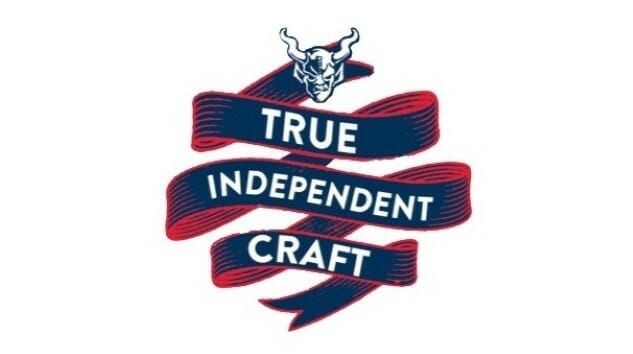Stone Brewing’s “True Craft” Venture Is Officially Dead, Having Never Invested in any Breweries
Photos via Stone Brewing
When California’s Stone Brewing Co. announced their “True Craft” fund back in 2016, it was with the usual bluster for a company that has built its reputation on a bold, in-your-face attitude. The $100 million project was angled as a way for Stone to act as a guardian angel investor to small breweries (or even other food/drink enterprises) throughout the U.S., buying small, non-controlling stakes in breweries that needed capital to grow, but didn’t want to sell to the likes of AB InBev or MillerCoors. The announcement immediately generated tons of coverage, and still has a wikipedia entry all its own. The project was supposed to create a valuable alternative for breweries to seek investment, while avoiding cries of “sell out.”
-

-

-

-

-

-

-

-

-

-

-

-

-

-

-

-

-

-

-

-

-

-

-

-

-

-

-

-

-

-

-

-

-

-

-

-

-

-

-

-








































